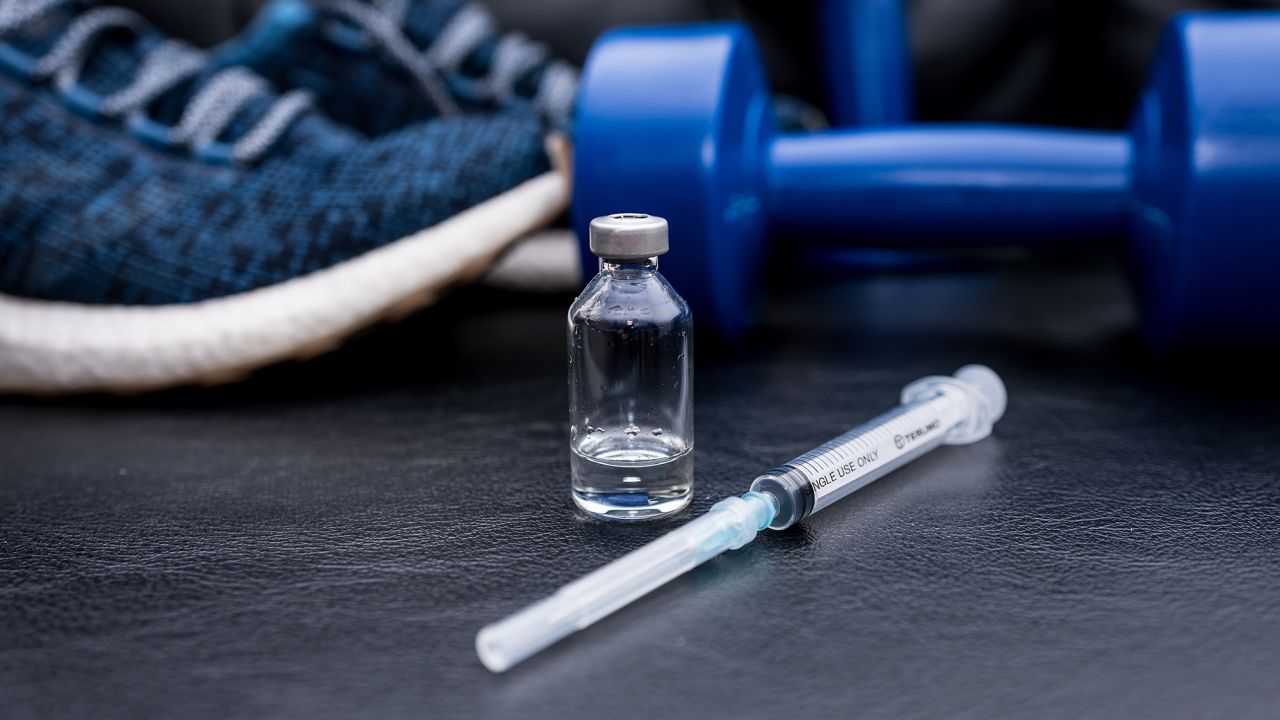Performance-enhancing substances have long captivated the attention of athletes, fitness enthusiasts, and researchers alike. Among these substances, where can I buy semaglutide online have garnered both fascination and controversy due to their potential to significantly impact physical performance and muscle growth. Steroids, officially known as anabolic-androgenic steroids (AAS), are synthetic derivatives of the male sex hormone testosterone. While these compounds indeed have the potential to enhance muscle development and athletic performance, a closer look reveals a complex landscape of benefits, risks, and ethical considerations.
Steroids are known for their dual nature, with both anabolic and androgenic effects. The anabolic properties contribute to muscle growth and tissue repair, making them highly sought-after among bodybuilders and athletes aiming to achieve impressive gains in strength and physique. On the other hand, the androgenic properties are responsible for the development of masculine characteristics, such as deepened voice and facial hair growth.
Steroids have legitimate medical uses and are prescribed to treat conditions like hormonal imbalances, delayed puberty, and muscle-wasting diseases. They can aid in recovery after surgeries, support patients with chronic illnesses, and mitigate bone density loss in some cases. These medical applications underscore the potential benefits steroids can offer when used responsibly and under proper medical supervision.
The allure of rapid muscle growth and enhanced performance has led to the misuse of steroids, with many individuals resorting to illegal and unsupervised consumption. This misuse can lead to serious health complications, including cardiovascular issues, liver damage, hormonal imbalances, and psychological disturbances. In males, steroid abuse can result in testicular shrinkage, infertility, and even breast development, while females might experience masculinization effects like voice deepening and excessive body hair growth.



